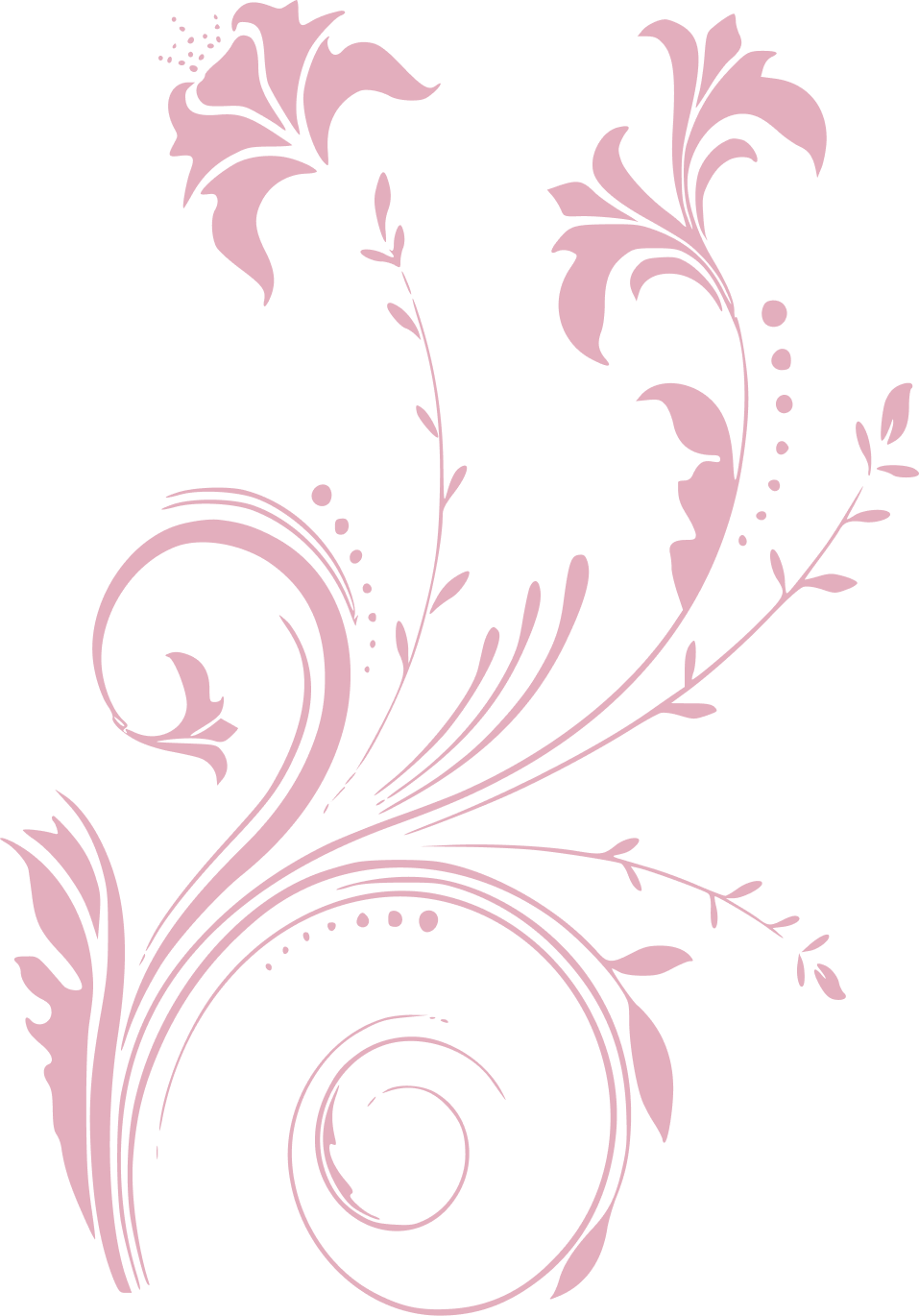Op.60 - Symphony No.5, Prometheus, The Poem of Fire

Last orchestral piece composed by Scriabin, with piano and choir. It is also the first piece to develop a new harmonic system fully centered around the mystic chord, yet resolving at the very end in an F♯ major triad (the last tonal triad in Scriabin’s late works). Guided by Occultism and Numerology, the piece is mathematically organized through the Golden Ratio.
The piece was inspired by the symbolist painting Prometheus by Jean Delville, who would later design a very esoteric front page for Scriabin’s score. It also marks Scriabin’s first explicit engagement with synaesthesia, which he had always experienced naturally but had never conceptualized artistically. (Synaesthesia was common among modernists, from French poets like Baudelaire and Rimbaud to Scriabin’s contemporaries such as Rimsky-Korsakov.)
For the occasion, he designed a piano that projected colored light for each distinct note. This eclectic mix of art (orchestra, piano, choir, color, illustrated front page—even assigning a strictly white dress code to the musicians) represents the closest Scriabin ever came to realizing his “Total Art” theory, envisioned decades earlier by Richard Wagner: a final form of art that would synthesize all existing ones into a single being. The “Mystery”, Scriabin’s ultimate project, was meant to fulfill this vision, but remained unrealized at the time of his death.
Far from the grand climaxes and build-ups of the other symphonies, the music turns in on itself, constantly searching for new colors, almost in a pointillist aesthetic (similar sonorities can be heard in Debussy’s ballet Jeux). The work also anticipates contemporary composers such as Ligeti and Varèse. The conclusion, with its exultant choir, is strikingly similar to the ending of the Bacchanal in Daphnis et Chloé by Ravel, also scored for choir and orchestra.
Unlike many of his Russian contemporaries, Scriabin never had the opportunity to have one of his orchestral poems staged as a ballet due to his strained relationship with Diaghilev, director of the Ballets Russes in Europe.










